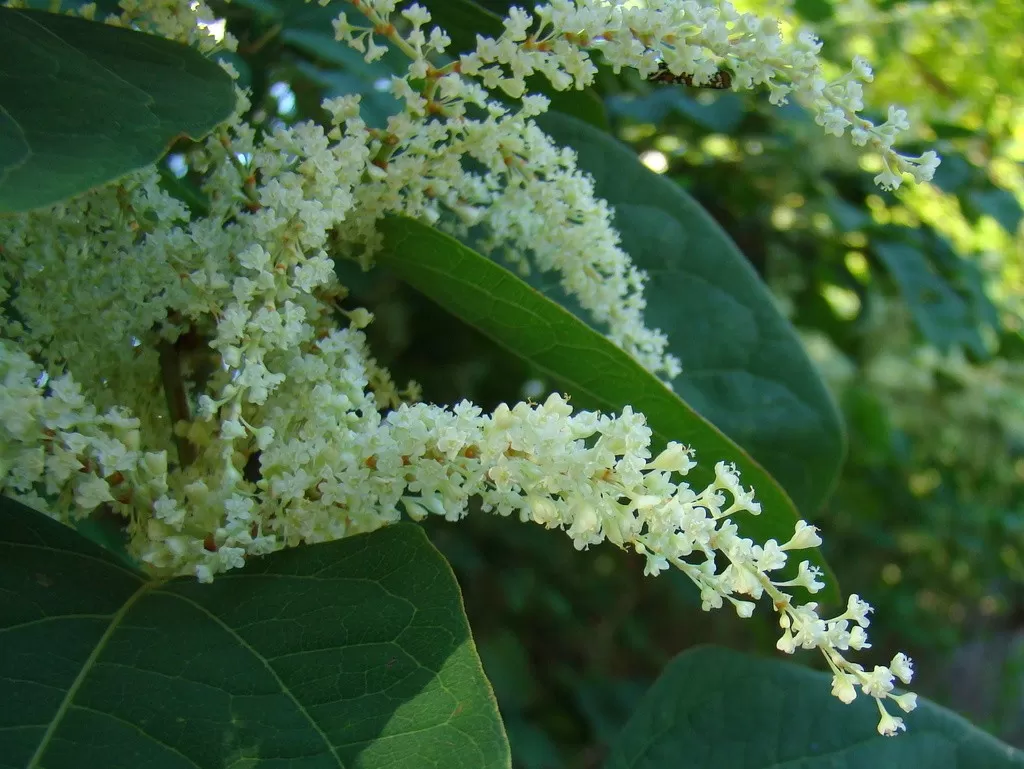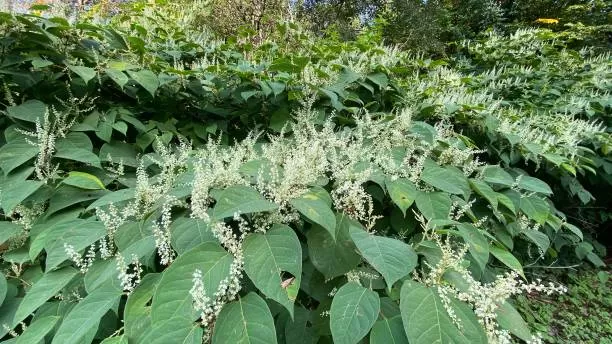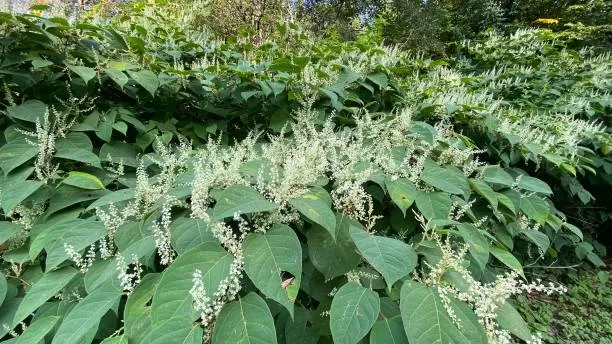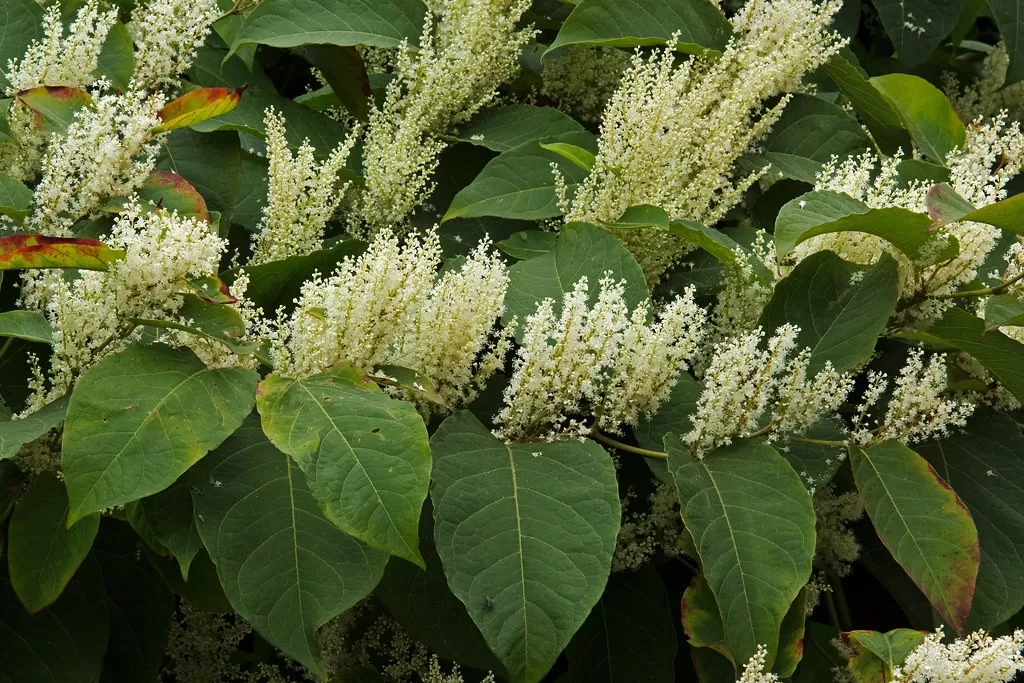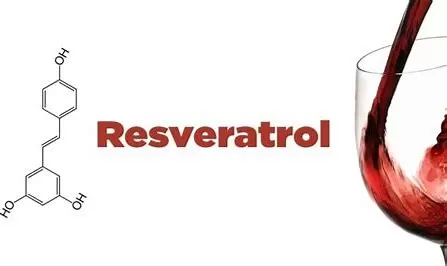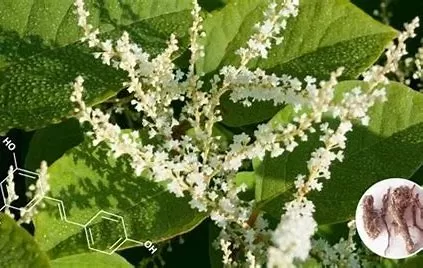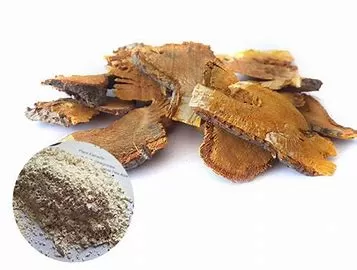- 0086-571-85302990
- sales@greenskybio.com
Does Coffee Contain Resveratrol?
2025-04-24
In recent years, resveratrol has gained widespread attention for its potential health benefits and presence in certain foods and beverages. Most commonly associated with red wine, this polyphenolic compound is known for its antioxidant and anti-inflammatory properties, which are believed to contribute to various health benefits, including heart health, anti-aging effects, and cancer prevention. As more people become health-conscious and seek out foods rich in beneficial compounds, questions about the presence of resveratrol in other popular beverages, such as coffee, have arisen. In this article, we explore whether coffee contains resveratrol and its broader implications in the context of health and nutrition.
Understanding Resveratrol
Resveratrol is a naturally occurring polyphenolic compound found in several plant species, notably in the skins of grapes, berries, and peanuts. It serves as a phytoalexin—a substance produced by plants in response to stress or pathogen attack, essentially part of the plant's defense mechanism. Researchers have invested substantial interest in resveratrol due to its potential health benefits. Some of the most notable include:
1. Cardiovascular Health: Resveratrol is believed to benefit heart health by increasing nitric oxide production, reducing oxidative stress, and improving endothelial function, all of which contribute to reduced risk factors for heart disease.
2. Anti-Aging Effects: Often touted for its potential to mimic caloric restriction—a proven method to extend lifespan in various organisms—resveratrol has garnered attention for its possible role in promoting longevity and reducing signs of aging.
3. Cancer Prevention: Some studies suggest that resveratrol may have anti-cancer properties, inhibiting cancer cell proliferation and inducing apoptosis in certain cancer cell lines.
While red wine is one of the most well-known dietary sources of resveratrol, the presence of this compound in other commonly consumed drinks like coffee prompts examination.
The Composition of Coffee
Coffee is one of the most popular beverages globally, consumed for its stimulating effects and rich flavor. The primary active ingredient in coffee is caffeine, but it also contains a complex mixture of other bioactive compounds, including chlorogenic acids, diterpenes, and polyphenols. These compounds contribute to coffee's antioxidant capacity, which has been linked to anti-inflammatory effects, improved metabolic function, and even reduced risks of certain chronic diseases.
Despite this complex blend of beneficial components, there is currently no substantial evidence to indicate that coffee contains resveratrol. The polyphenolic profile of coffee is distinct from that of red wine, as it is derived from the coffee bean, which does not naturally produce resveratrol.
Coffee and Antioxidant Properties
While coffee may not contain resveratrol, it is still a significant source of antioxidants. Studies have shown that coffee is one of the largest sources of dietary antioxidants in the modern diet. The presence of chlorogenic acids, in particular, significantly contributes to its overall antioxidant activity. These compounds have been studied for their potential health benefits, including:
- Reducing Inflammation: Antioxidants found in coffee may help reduce inflammation, which is a contributing factor in many chronic diseases, including type 2 diabetes and cardiovascular diseases.
- Improving Metabolism: Some research indicates that coffee consumption might boost metabolic rate and increase fat oxidation, which can be beneficial for weight management.
- Liver Protection: Habitual coffee consumption has been associated with a reduced risk of liver diseases, including liver cirrhosis and liver cancer.
The antioxidant properties of coffee largely stem from its polyphenols and other phytochemicals, rather than from resveratrol.
The Health Benefits of Coffee
Although coffee lacks resveratrol, it still offers a range of potential health benefits backed by scientific research:
1. Enhanced Cognitive Function: Coffee is well-known for its ability to enhance alertness and cognitive performance due to its caffeine content.
2. Lowered Risk of Neurodegenerative Disorders: Some studies suggest that regular coffee consumption may be linked to a decreased risk of developing Alzheimer's and Parkinson's diseases.
3. Reduced Risk of Certain Cancers: Coffee has been associated with a lower risk of certain types of cancer, such as colorectal and liver cancer, possibly due to its high levels of antioxidants and anti-inflammatory compounds.
4. Improved Mood and Mental Health: Moderate coffee consumption has been linked to a lower risk of depression and improved mood stability, likely related to its impact on neurotransmitter activity.
Conclusion
In conclusion, while coffee does not contain resveratrol, it remains a remarkable source of antioxidants and other beneficial compounds. The lack of resveratrol in coffee does not diminish its positive health effects, which are primarily attributed to its rich composition of other polyphenols, caffeine, and bioactive compounds. Coffee can still be a valuable part of a balanced diet when consumed in moderation, offering various health benefits including improved cognitive function, protection against certain diseases, and reduced inflammation.
For individuals looking specifically to gain the benefits associated with resveratrol, they may consider consuming foods and beverages known to contain this compound, such as red wine, grapes, and certain berries. As always, it is important to balance coffee and resveratrol intake with other dietary and lifestyle habits to support overall health and well-being.
-
Is resveratrol safe for the liver?
2025-04-24
-
What fruit is highest in resveratrol?
2025-04-24
-
Is resveratrol safe for kidneys?
2025-04-24





